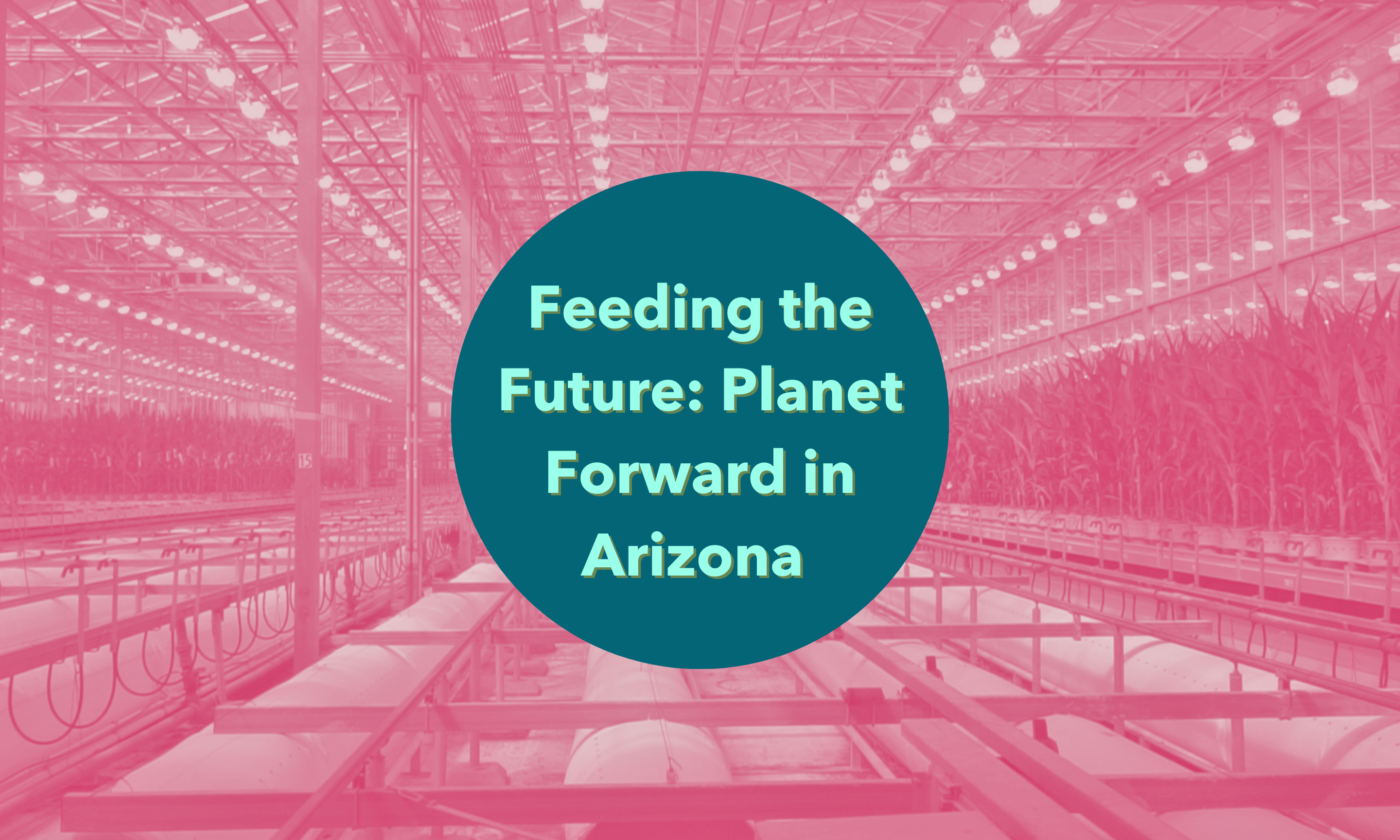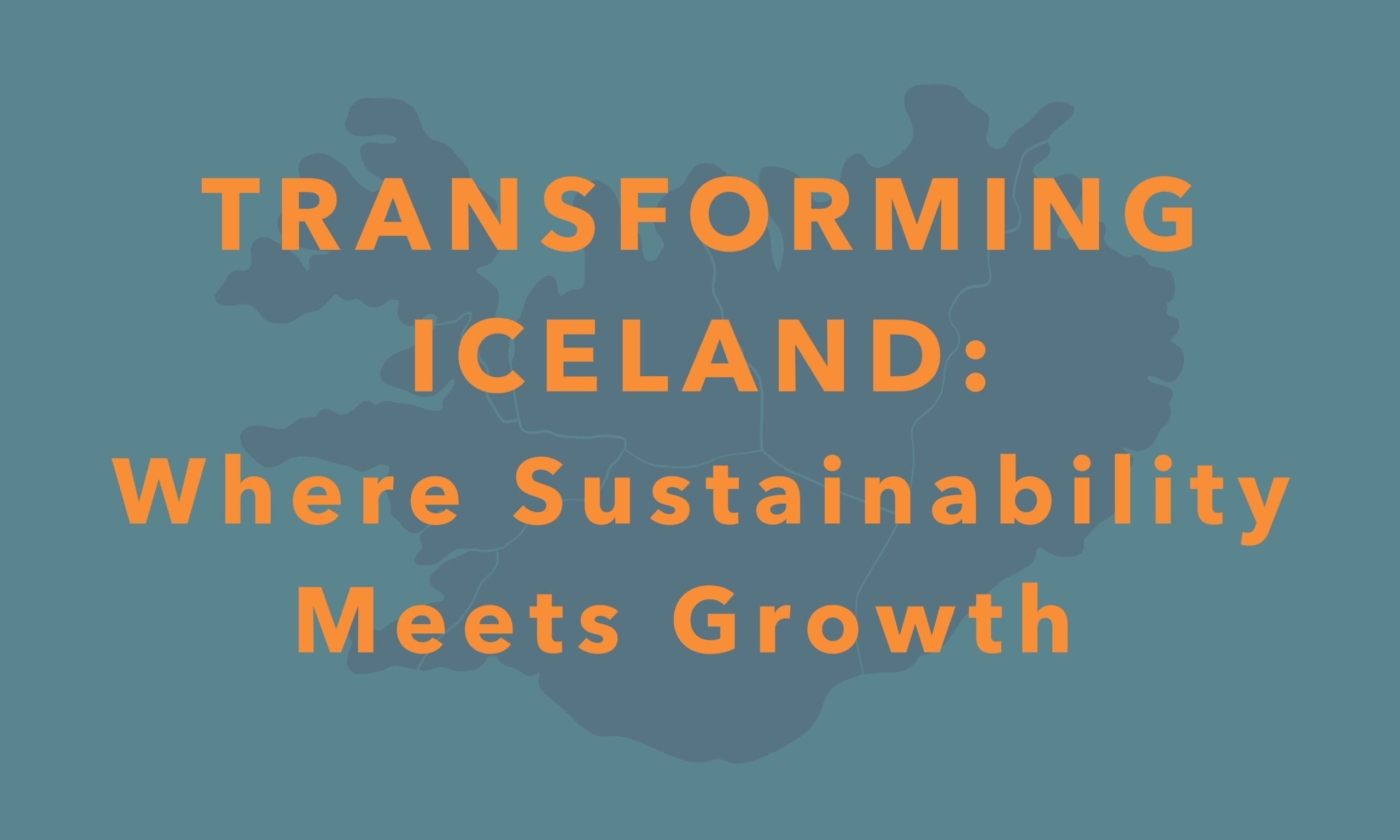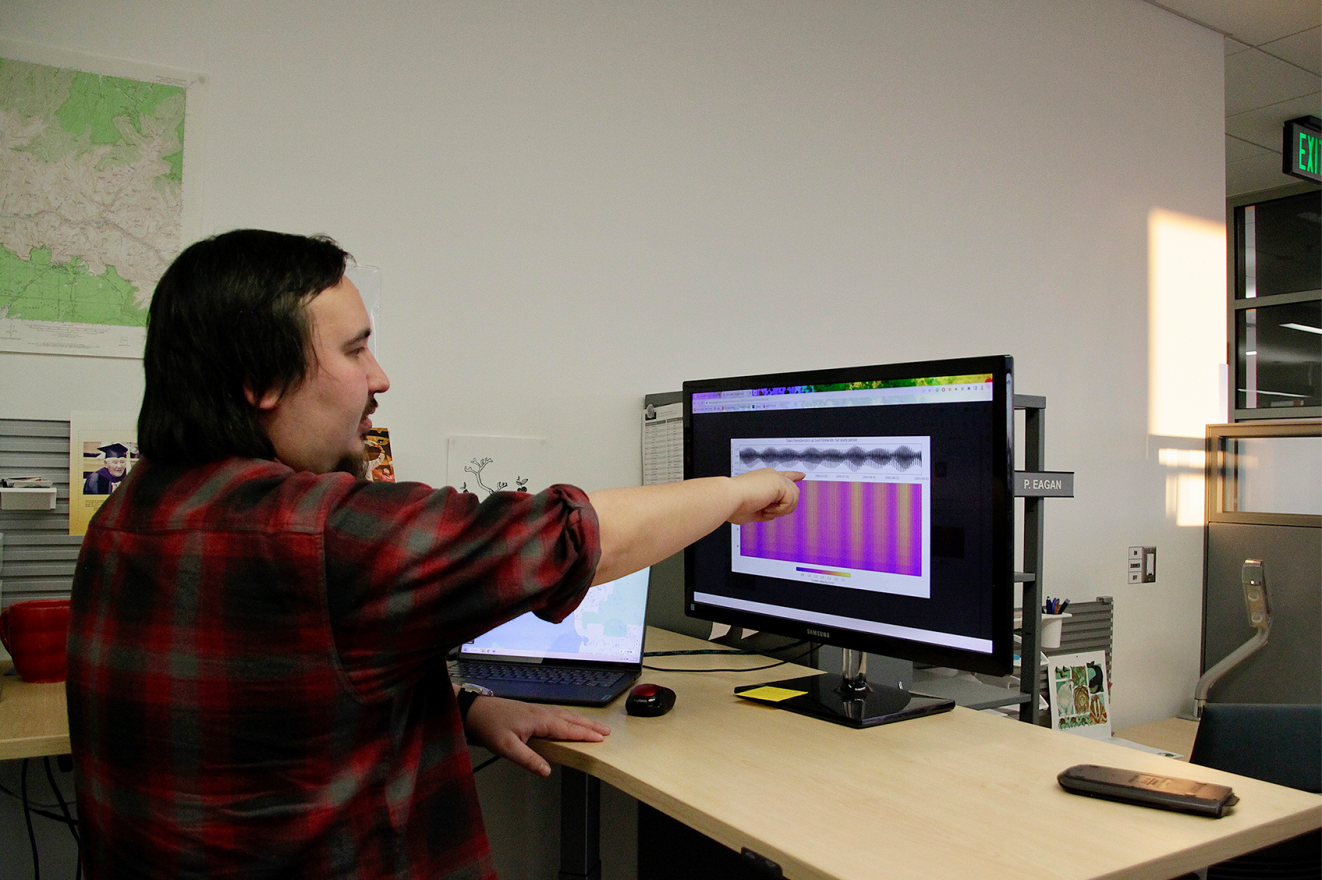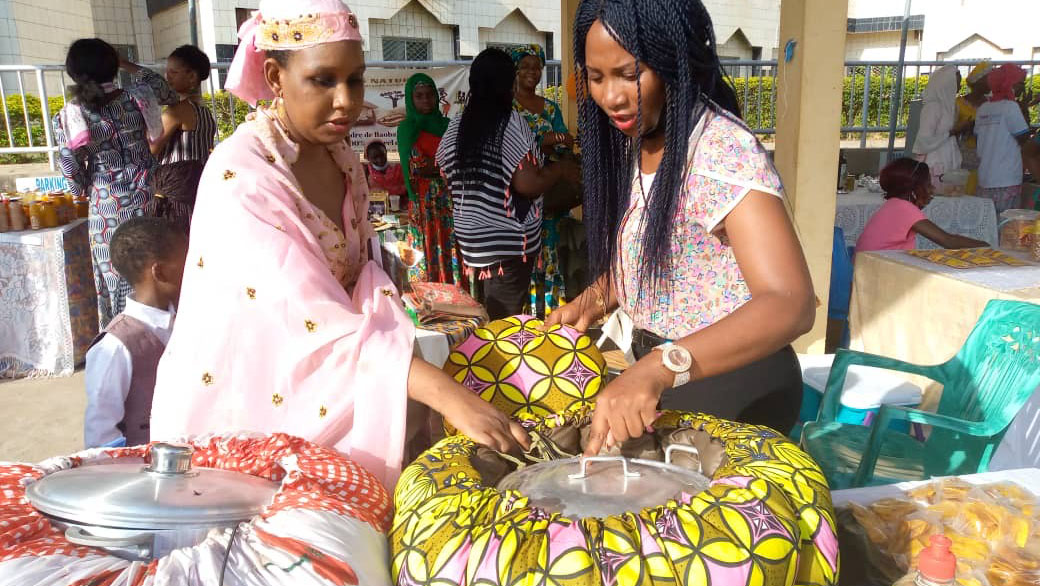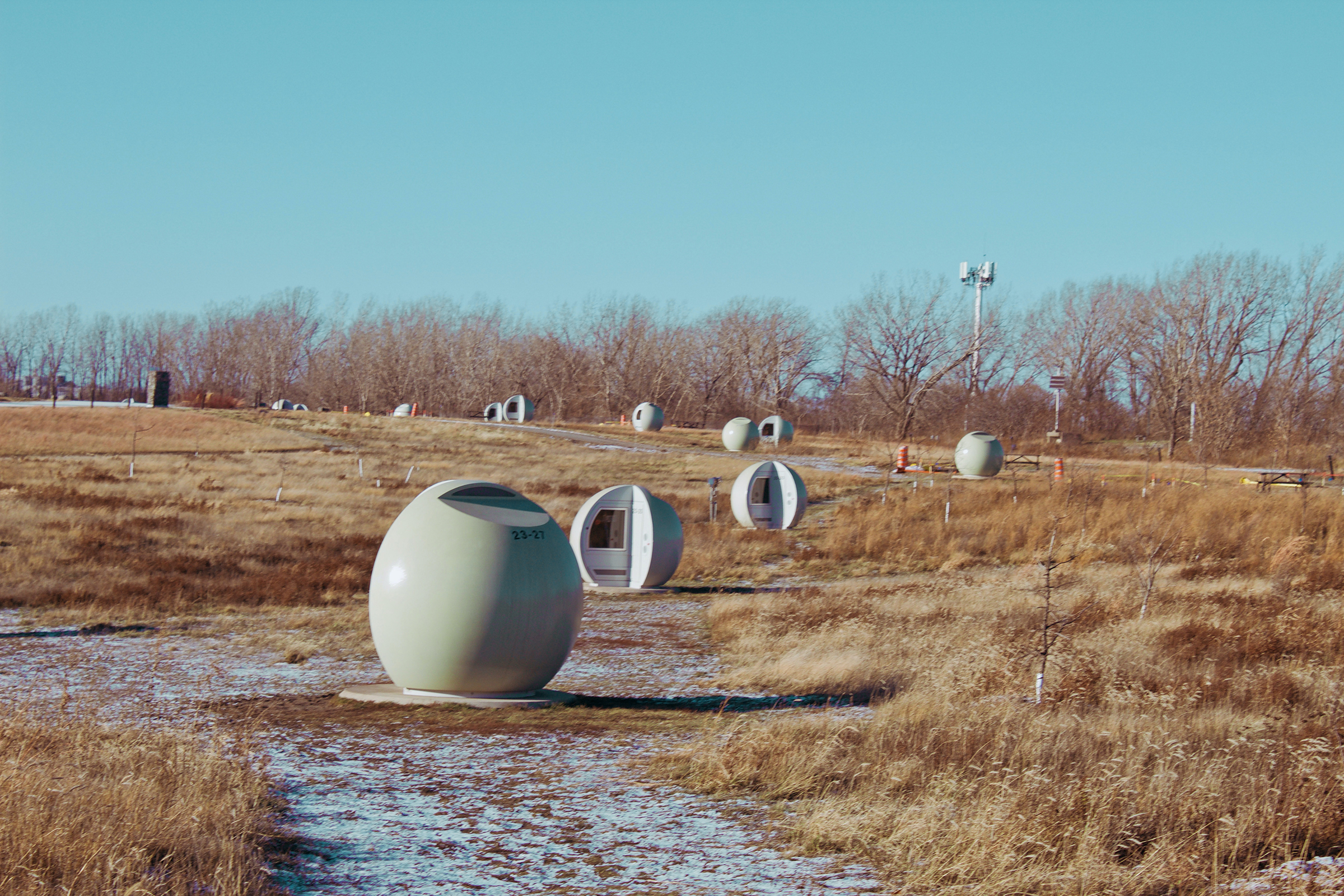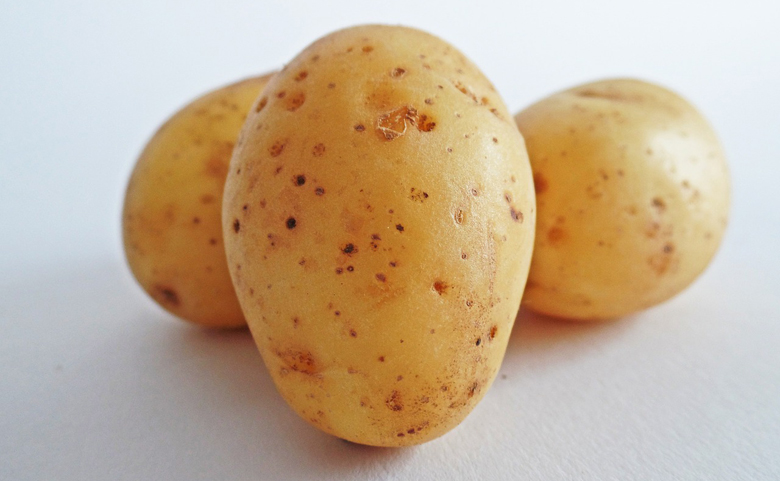
Waste-Powered Wonders

More Potato Power
2 Sisters Food Group’s factory isn’t the first time potatoes have been used for power. You may have done that classic potato battery experiment as a kid. Basically, the fluids within the potato act as a bridge between two pieces of metal, allowing electrons to move across a wire between the metal and produce electricity in a surprisingly effective manner.
Researchers at the Hebrew University of Jerusalem, as reported by the Smithsonian magazine, found cooking the potato can produce even better results, lighting an entire room for up to 40 days. This is important to note as an inexpensive way to produce power in underdeveloped or remote regions since potatoes can grow in many parts of the world.
By Katlyn Manka
Planet Forward Intern/Marymount University
A food factory in the UK is taking the term “plant power” to a new level: It runs on potatoes.
UK company 2 Sisters Food Group has joined the race in sustainable energy by converting their factory in Carlisle, a city in Cumbria, England, into a bio-refinery, allowing the factory to generate power from its own renewable waste. This is part of the company’s strategy to cut carbon emissions by 20 percent and landfill waste production to zero.
The 2 Sisters’ bio-refinery uses potato waste from the plant’s mashed potato and pie-manufacturing lines, converting it into electricity via four anaerobic digestion processes, which, when fully operational, will produce the equivalent of the average annual electricity use of about 850 UK homes. Anaerobic digestion is the process of allowing organic material to rot in the absence of oxygen, producing a biogas that can then burn cleanly to generate electricity. This is the same process that many groups use for harvesting methane from animal waste.
The innovative idea of powering a facility by redirecting waste is catching on, but many companies have been using waste as a source of power for years. Whiskey distilleries in Scotland have been using the waste generated through whiskey production to power thousands of homes since 2011. Fittingly, it seems that a wave of sustainable energy focused on the production and use of biofuels will only grow in the coming decades.
The coffee industry also is ambitiously pursuing a solution to a serious waste problem (the wet milling process alone pollutes water 30 to 40 times more than urban sewage) and is adopting methods to successfully transform waste into a valuable resource. Advances in biofuel creation from coffee is one prominent focus, but innovations stretch as far as making flour from the pod that the coffee beans grow in.
There are even companies that specialize in the ambitious venture of turning everyday consumer trash into clean energy. One example method burns trash in filtered, pressurized chambers. The heat is used to create steam under the same high pressure conditions, which in turn rotates turbines. The ashes produced are sent to an existing landfill in place of soil cover.
The advantage of generating power from waste is clearly worth the adjustment because it cuts costs and emissions. If the potato powered factory is successful, 2 Sisters Food Group plans to convert all their factories into bio-refineries. It’s even possible that other companies will follow suit, improving alternative energy one potato at a time.







